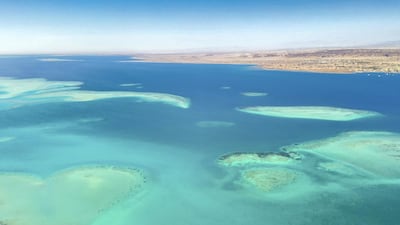










































Saudi Crown Prince Mohammed bin Salman explains Vision 2030 in landmark interview
Prince Mohammed describes kingdom's achievements of Vision 2030's first five years and what is to come

Mina Aldroubi
April 28, 2021
- Listen In English
- Listen In Arabic












































April 28, 2021